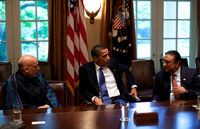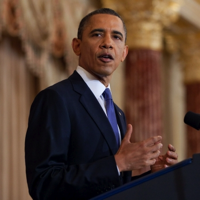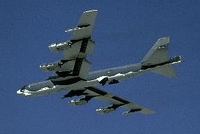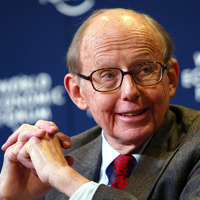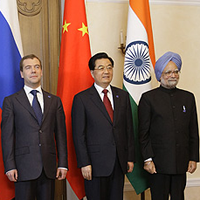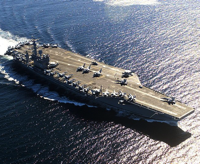
The Valdai International Discussion Club held the first meeting of its Defense and Security section in Moscow from May 25-27. The discussions, which focused on Russia’s military modernization program as well as on Russian cooperation in international security, brought together about two-dozen Russian and Western international security analysts. The meeting was co-organized by the Russian RIA Novosti state news agency, the independent Council on Foreign and Defense Policy think tank and the Center for Analysis of Strategies and Technology (CAST) research institute, and included visits to several important Russian military facilities. Participants were also able to meet with some of […]

